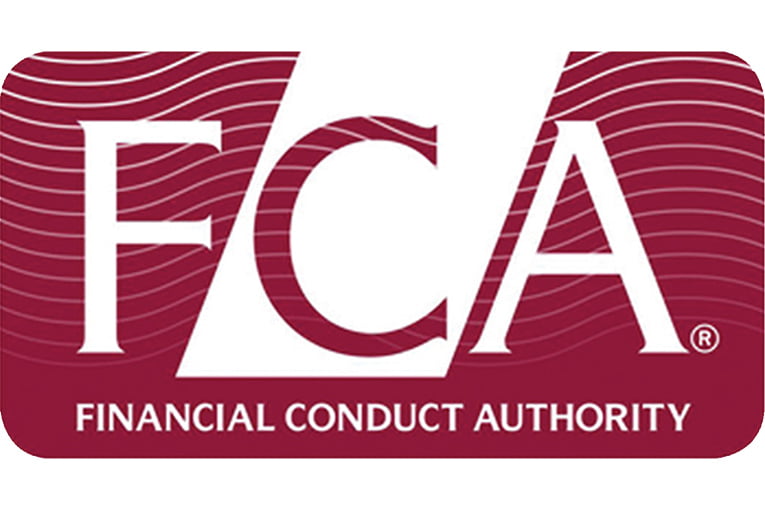The Financial Conduct Authority (FCA) is seeking views on whether the level of protection provided to small and medium sized enterprises (SMEs) in its Handbook of rules and guidance is broadly right.
Additionally, the FCA is asking whether more SMEs should be given access to the Financial Ombudsman Service (ombudsman).
Christopher Woolard, director of strategy and competition at the Financial Conduct Authority, said: “Small businesses are a vital part of the UK economy. We need to consider whether we’re doing our part in delivering an effective, proportionate regulatory framework that gives them the confidence required to use the financial services they need to grow.
“We want people to tell us whether our rules are appropriate: do they strike the right balance between protecting small businesses and encouraging firms to offer services to SMEs, to compete and to innovate?”
Currently only a small minority of SMEs are unable to take complaints to the ombudsman. However, the businesses unable to do so account for a substantial share of the sector’s demand for financial services, and some of them are likely to be less experienced dealing with financial products and services despite their greater size.
In addition to asking whether access should be extended, the FCA paper seeks views on whether the amount of redress the ombudsman can order financial services firms to pay should be increased from its current limit of £150,000.
The FCA is also considering whether the financial services industry could use voluntary standards such as the Lending Code to further improve the experience of small businesses, and asks what the high-level ambition for such Codes should be.
The discussion paper follows a number of issues with the way some financial services firms have treated their SME clients, and the provisional findings of the Competition and Markets Authority (CMA) into retail banking. The FCA’s own research has found that complex products, limited choice and poorly managed expectations may expose SMEs to risk; so can cognitive and behavioural biases. When things go wrong, SMEs may experience complex and escalating problems, and may struggle with the complaints and claims processes.
Those with views or evidence to share following the publication of the discussion paper have been asked to send them to the FCA by 18 March 2016.



